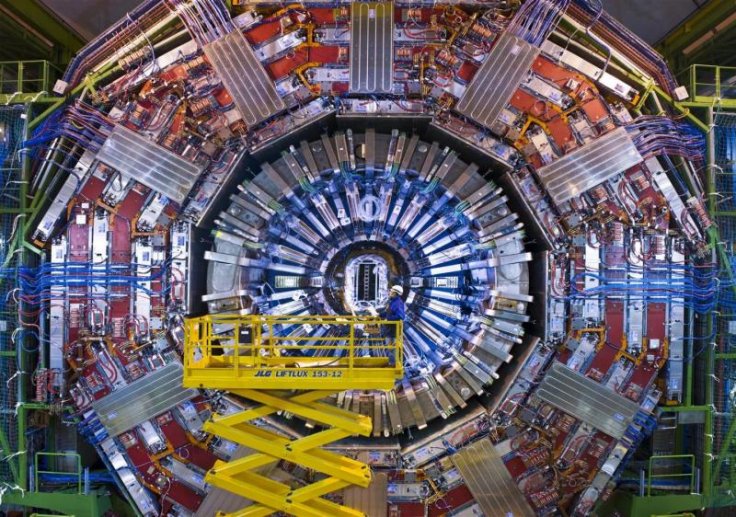
Scientists at the European Organization for Nuclear Research (CERN) have decided to shut down the large hadron collider (LHC) for two years.
As per reports, experts at CERN have taken this decision to revamp the collider, so that it will be equipped for intense experiments in the future that demands more energy. If everything goes as planned, the large hadron collider will be switched on again in 2021.
Once the large hadron collider is switched on after two years, it will be equipped with two new particle accelerators, that will allow experts to shoot two particles harder than never before. Experts believe that these new particle accelerators will help them unsolve some of the unknown mysteries of physics.
The two-year shut down is also considered as CERN's first step to equipping the hadron for a project called High Luminosity LHC that will begin in 2025.
This current shut down is called Long Shut Down 2 (LS2). Previously, the hadron collider was shut down between 2013 to 2015 as a part of Long Shut Down (LS1). During the LS1, experts at the CERN enhanced the power of the colliders, thus improving its particle detection capabilities.
The large hadron collider which is located beneath the French-Swiss border near Geneva has played a crucial role in reshaping human understanding about modern physics. In 2012, using the LHC, scientists first observed a particle known as the Higgs Boson. Physicists all across the world had previously hypothesized the existence of Higgs Boson, but experiments at the LHC proved that these particles are not merely hypothetical, but a reality.
Now, scientists at the CERN are busy conducting experiments to analyze the way in which Higgs Boson decays and its transformation to other particles.
However, experts at the CERN will not be taking a vacation during this two-year shutdown period, and instead, they will be "throughout the shutdown examining the huge data sample for possible signatures of new physics that haven't had the chance to emerge," said CERN in a statement.









